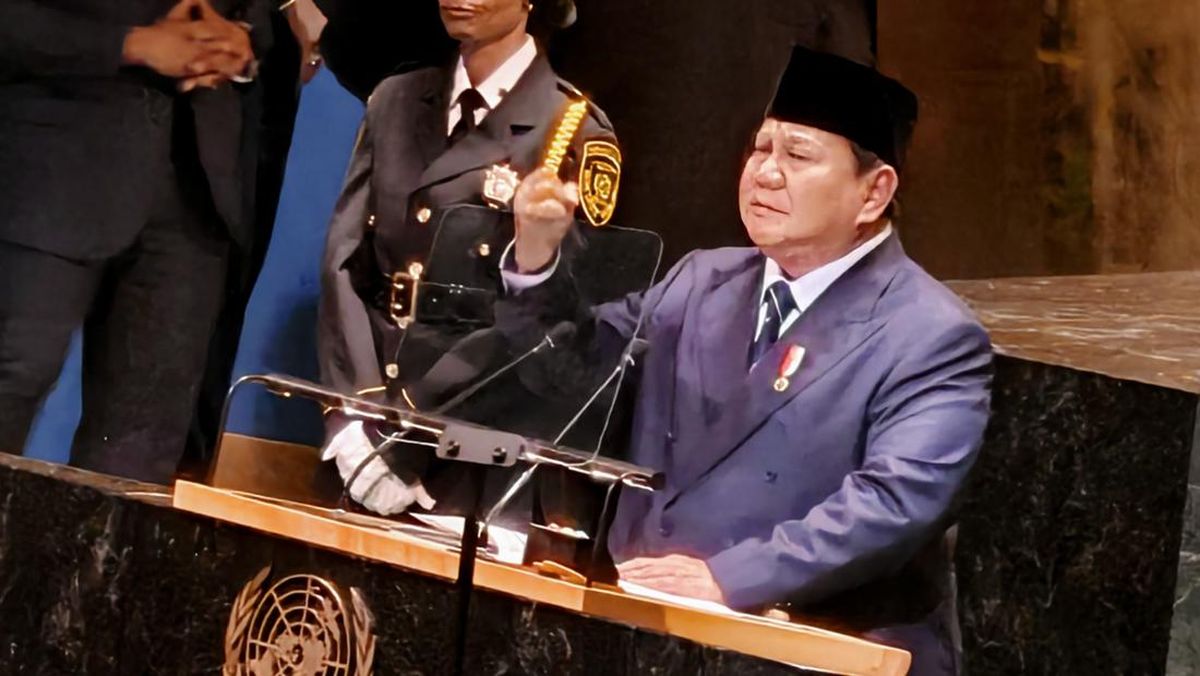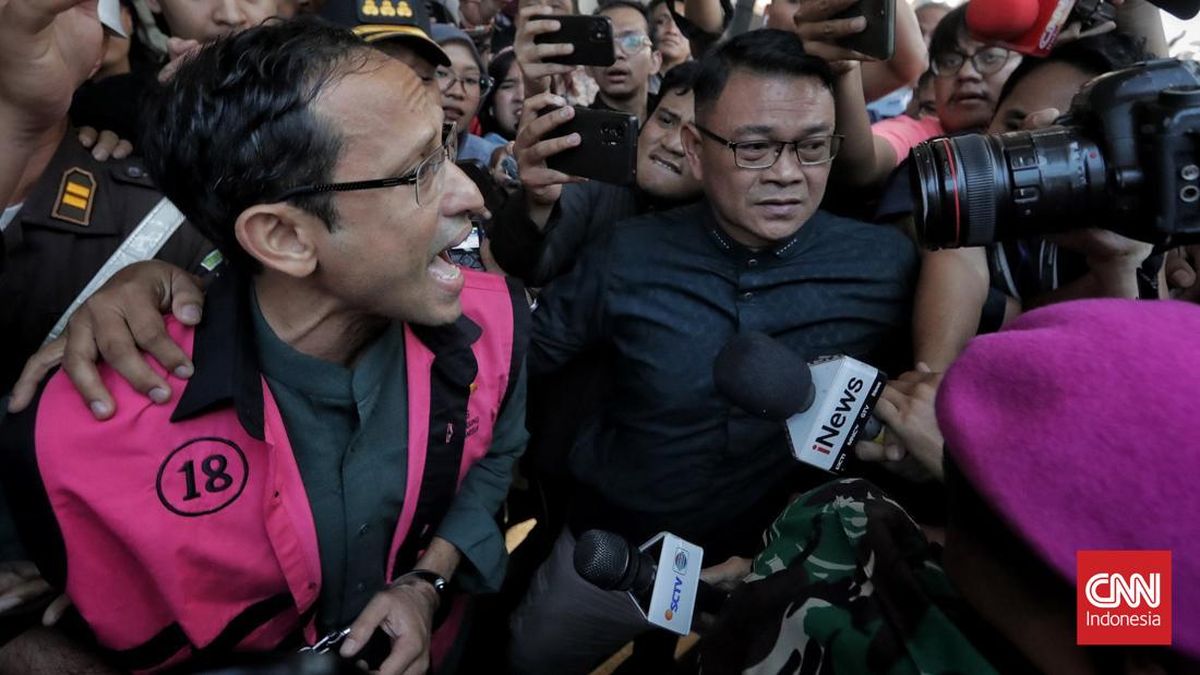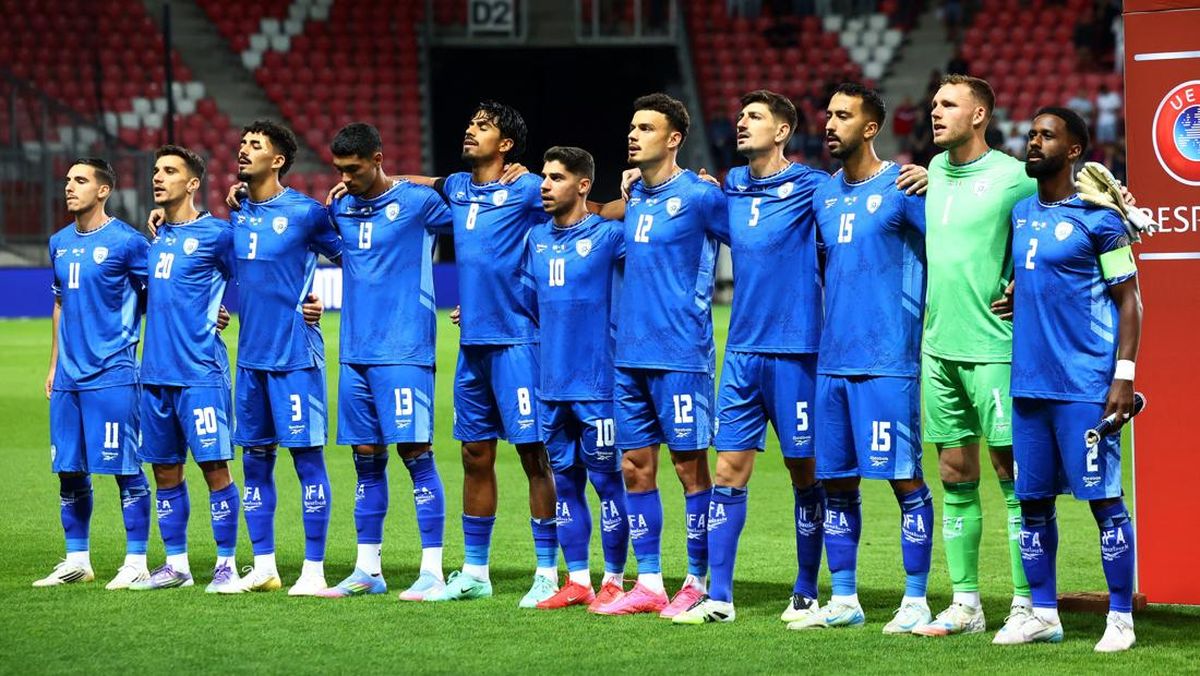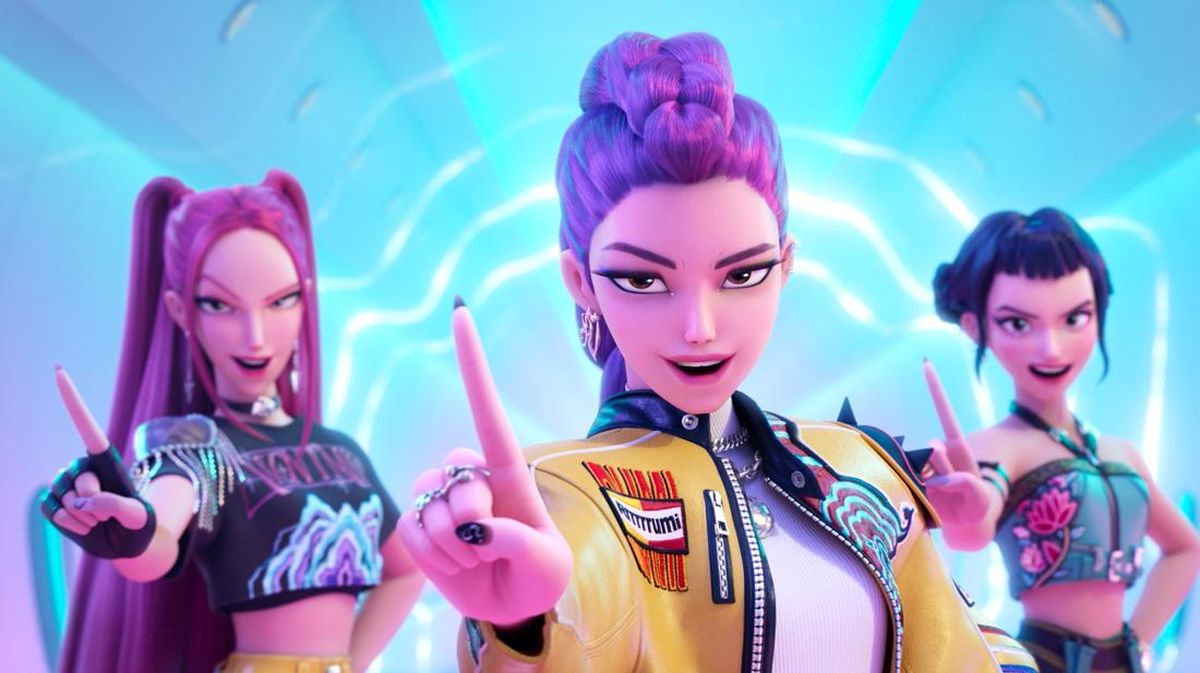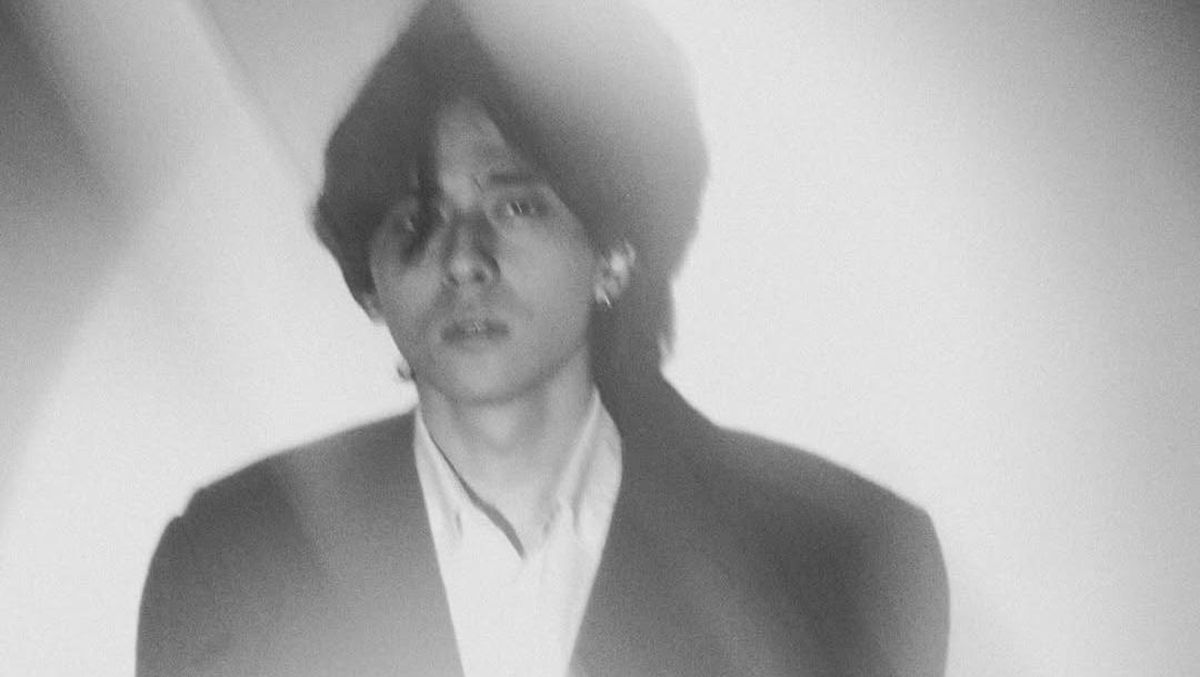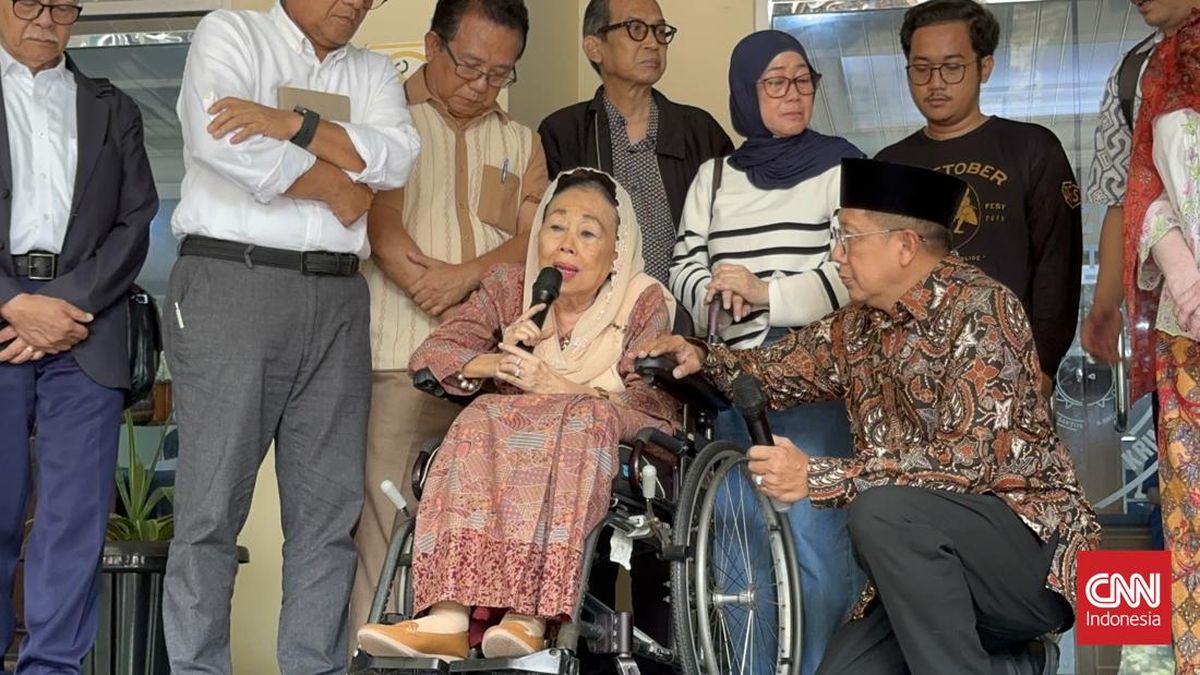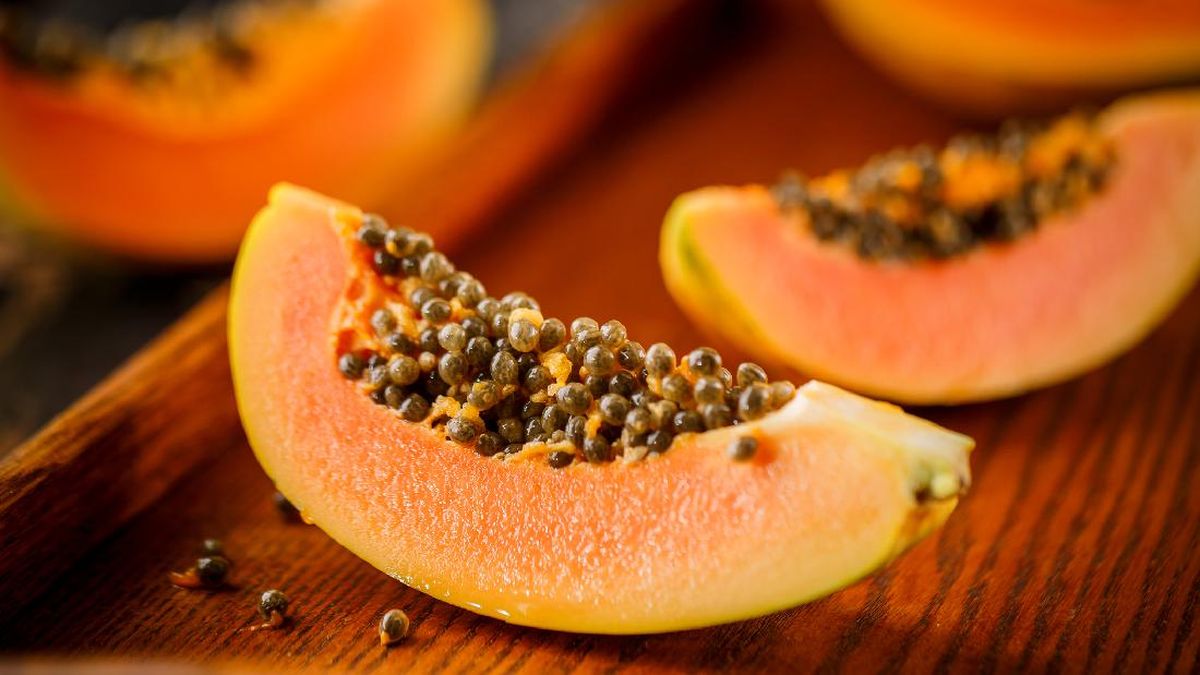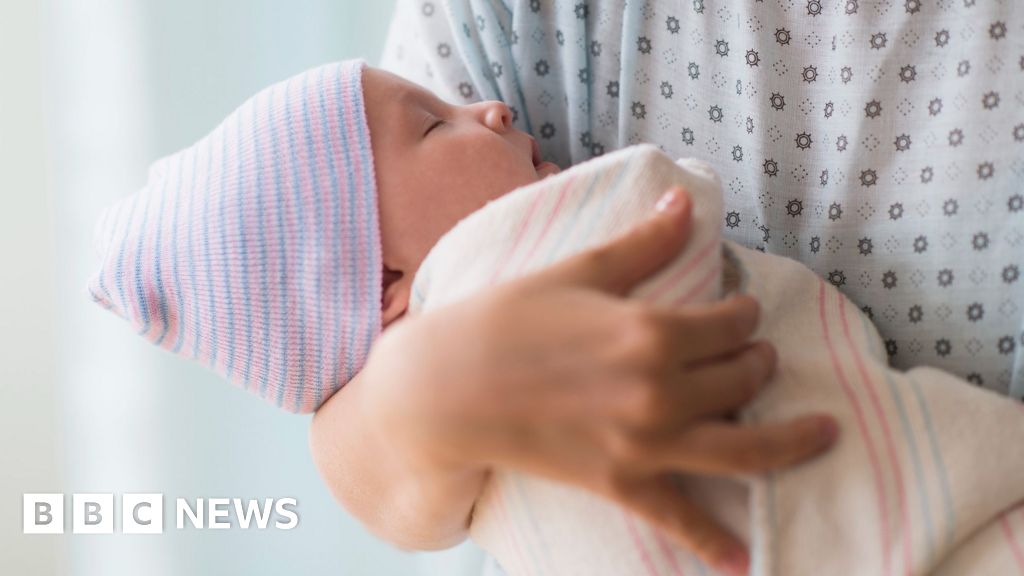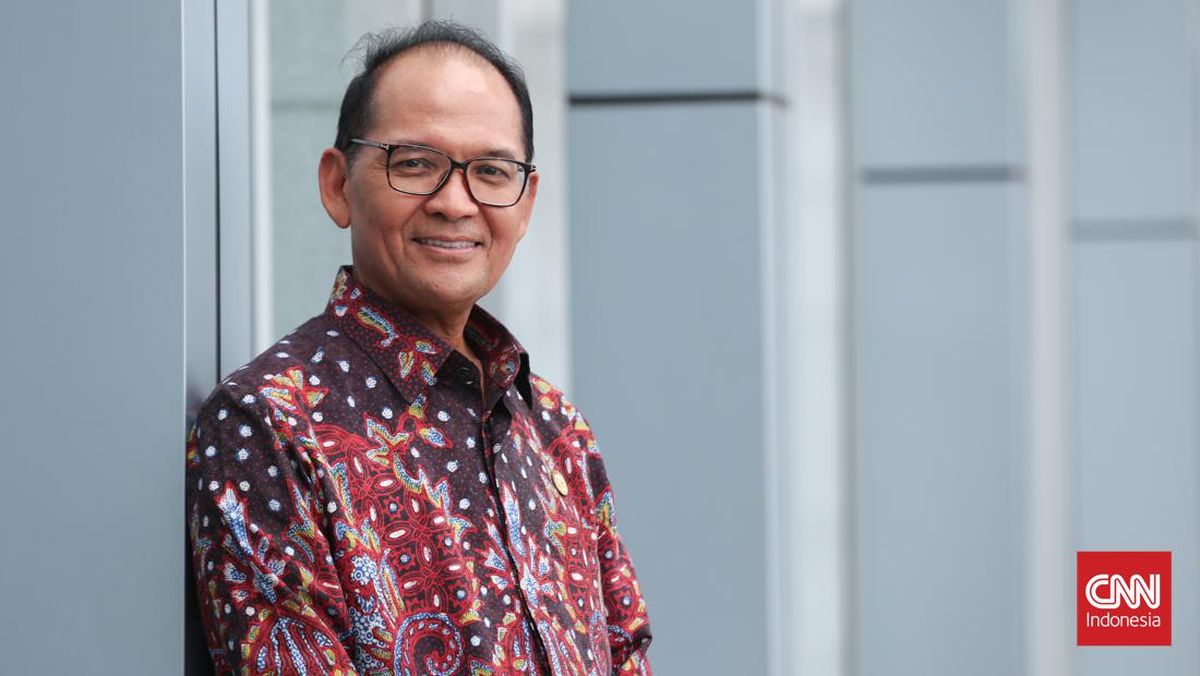Mark SavageMusic Correspondent

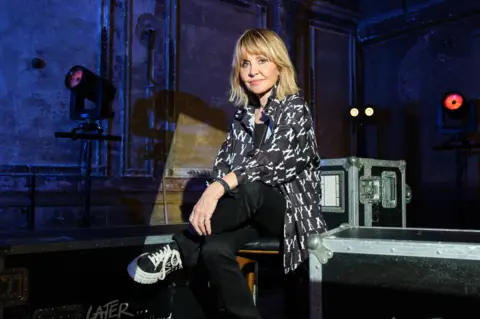 BBC
BBC
Lulu was strictly a social drinker until her 50s, until one day she realised, "I was no longer controlling it".
"My name is Lulu. I am an alcoholic."
It's a startling way to open an interview, even if you know it's coming.
The 76-year-old pop star, whose career has spanned decades since her first hits in the 1960s, has just sat down to discuss her new memoir, If You Only Knew. In it, she opens up for the first time about her historical drinking problems.
An early preview, in the form of a Times interview this month, made headlines around the world, and she's been heartened by the response.
"It's liberating," she says. "It's good to share the difficulties, because a lot of [alcoholics] don't get here. I'm really lucky."
Today, Lulu is almost 12 years sober. She sought help in 2013, after opening up to her family at her 65th birthday party.
As she cleared up the plates, her niece was talking about a friend who was struggling with alcohol.
"She said, 'I think he's just holding on by his fingernails'," Lulu recalls.
"And I said, 'He's not the only one'."
"It just came out of my mouth. I didn't even think about it. But the table went silent.
"Then my sister looked at me and said, 'I know... I've known for some time now'."

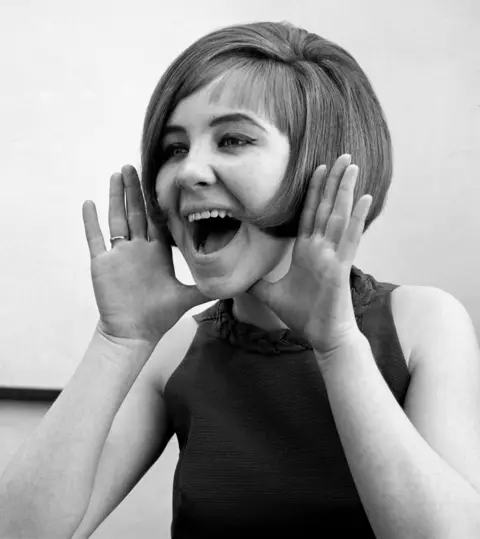 PA Media
PA Media
Lulu recorded her first single, Shout, at the age of 15
Initially, Lulu couldn't believe she'd blurted out her biggest secret.
"I felt shame, fear, anxiety," she says. "And then, 'Oh, the angels have come down to save me'."
Within 24 hours, she was on her way to America, where she checked into rehab for six weeks and committed to Alcoholics Anonymous, for "a meeting, two meetings every day for five years".
On the way to the airport, she called her son Jordan. He was dumbfounded.
"He said, 'Whoa mum, wait a minute. Are you sure?'" she says.
"I'd kept it from a lot of people."
In fact, she was so adept at hiding the problem that she'd taken part in the 2011 series of Strictly Come Dancing while drinking in secret every night.
"I could fall onto my bed asleep having been drunk - but then the alarm would go, I'd get up, pull myself together, and I would go to work," she says.
"I was what you'd call a highly functioning alcoholic. Which is good in some ways, but really, ultimately, none of it is good."
She's never spoken about it before, worried about damaging her "squeaky clean" image. But as she wrote her memoir, she wanted to set the story straight.
"As they say in AA, you're only as sick as your secrets," she says.

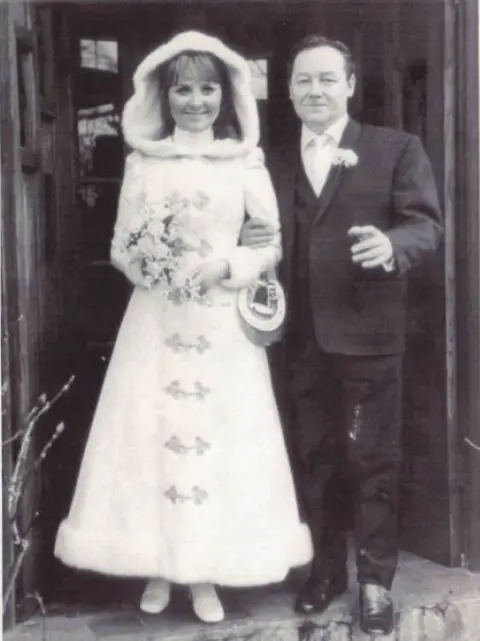 Lulu
Lulu
Lulu, pictured with her father Eddie at her wedding to Maurice Gibb in 1969

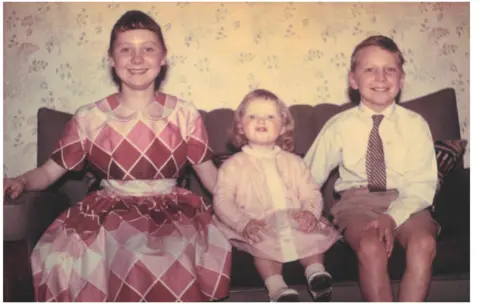 Lulu
Lulu
The musician (left) was often left to look after her younger siblings Edwina and Billy
For Lulu, the secrets started as a child.
Growing up in Glasgow's tenements, Lulu - whose name then was Marie McDonald McLaughlin Lawrie - lived in a "war zone".
Her father Eddie was also an alcoholic, who regularly hit her mother, leaving her with black eyes and split lips.
"When they would fight in the house, they would throw things and the noise was hellacious.
"But we'd walk out the next morning and my mother would have warned us not to talk about it.
"The lady next door would say, 'Oh, that's a shiner you've got there, Betty. What happened?'
"She'd say, 'Oh, I stood on a brush,' but my dad had whacked her one."
By the time her cover of the Isley Brothers' Shout made her famous, aged 15, she was already versed in hiding her background.
Scrappy Marie from Glasgow was edged out by Lulu, with her chipmunk smile, sculpted hair and bobby socks.
The name, chosen by her manager Marion Massey, was a slang term meaning "a remarkable person" - but it wasn't the only thing that changed.
Marie was told to "flatten out" her Glaswegian accent, and keep her fiery temperament hidden.
"I'd been handed an opportunity to leave the pain and shame of my past behind, so I happily stepped into the character created for me," she writes in the book.
But, in the process of becoming Lulu, she lost herself.
"I got mixed up with being a people pleaser," she says, "but I was just an outline of a person."

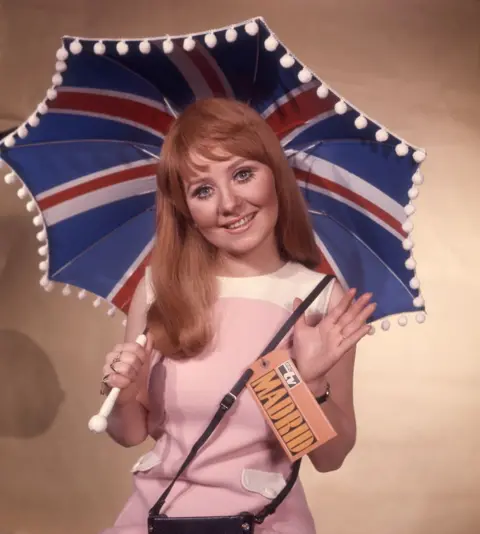 Getty Images
Getty Images
Lulu represented the UK at the 1969 Eurovision Song Contest in Madrid - winning in an unprecedented four-way tie with her song Boom Bang-A-Bang
The erasure continued into her music. As a child, Lulu modelled herself on James Brown and Big Mama Thornton – gritty R&B singers who lent their grit and growl to Lulu's version of Shout.
Rather than capitalise on that, she was pushed into making lightweight pop songs like the Eurovision winner Boom Bang-A-Bang and the faintly ridiculous I'm A Tiger, a purring 60s confection about her sexual prowess.
"I like to wring a song dry, but I couldn't get my teeth into I'm A Tiger," she says (pun presumably not intended).
"I got home from recording that and put on Ray Charles. Ray was my man. I couldn't even stand that he was so talented."
Occasionally, she was given sturdier material. In 1971, she recorded a fantastic glam pop anthem called Everybody Clap with a crack team of musicians including Led Zeppelin's hell-raising drummer John Bonham, Cream bassist Jack Bruce and her then-husband, Bee Gee Maurice Gibb.
There's footage of them performing it on Top Of The Pops, in what resembles a scene from the hippie musical Hair.
"That one was fun," Lulu beams, bursting into the chorus.
"Do you know, Noel from Oasis loves that track?"
But the public had already decided what it wanted from Lulu – and it wasn't cutting edge pop. Everybody Clap failed to chart.

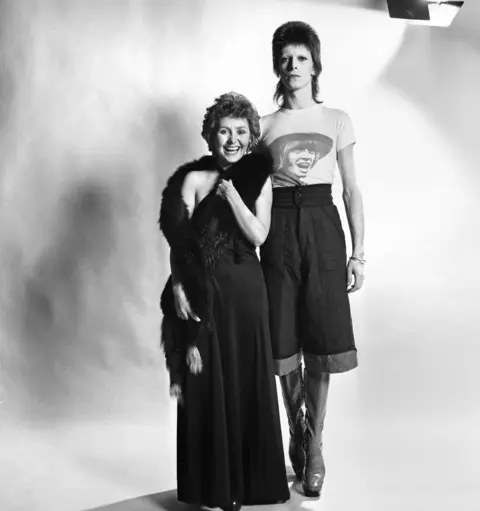 Getty Images
Getty Images
Lulu and David Bowie had a brief affair in the 1970s
One person who noticed her potential was David Bowie.
"He said, 'The record labels don't get you and they don't hear your voice either,'" Lulu recalls.
In 1974, they recorded a cover of Bowie's The Man Who Sold The World, returning Lulu to the top 10 after a five-year gap.
"He said to me, 'I'm going to make a hit record with you', and then he told other people we were going to do an album," says the singer.
They reconvened in New York and cut two more songs – Dodo and Can You Hear Me – but, by Lulu's account, Bowie was "getting lost in drugs" and their plans fell apart.
But the collaboration wasn't just professional. The couple had a brief fling after Lulu's marriage to Gibb ended.
"I was ready to be plunged into the spell that was David Bowie," she writes in her book.
"[He was] sinuous and almost fey one minute, assertive and masculine the next. He felt exciting, unpredictable."
"I never talked about it before because I thought, 'Oh God, people are so predictable. They'll wanna know all the details'," she says.
Then, with a laugh, "I mean, I probably would be the same."

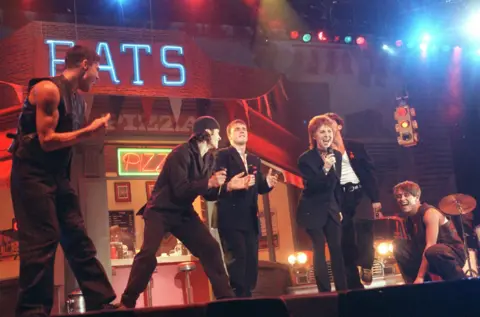 PA Media
PA Media
Lulu's profile gained a boost when Gary Barlow asked her to appear on the number one single Relight My Fire in 1994
Lulu's chart career waned in the 1980s, but she was never far from the limelight.
She performed in West End productions of Guys And Dolls and Andrew Lloyd Webber's Song And Dance; and starred in the TV series The Secret Diary of Adrian Mole.
Her return to music came in the 1990s, with the lite-house anthem Independence; and a star turn on Take That's Relight My Fire. She would later join them on tour, performing her solo every night in a red lace catsuit.
She'd always been a social drinker, but monitored her alcohol intake carefully.
"I used to tell myself, silently, 'I don't want to be like my dad'," she says.
The loss of control came during a huge period of upheaval in her 50s.
Her second marriage, to hair stylist John Freida, ended; and shortly afterwards, she parted ways with Massey, the manager who'd been by her side since the 1960s.
With her teenage son attending boarding school in New York, and the loss of both her parents, she was increasingly lonely at home; and floundering professionally.

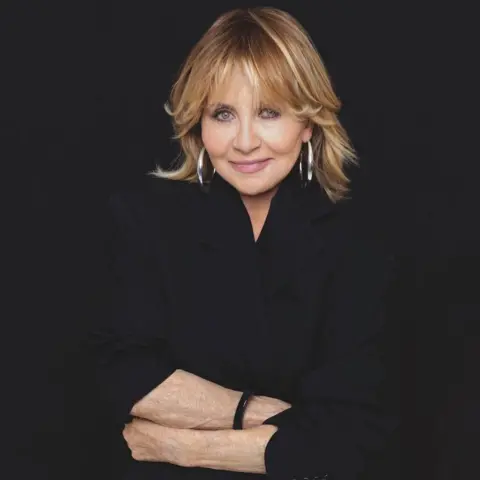 PA Media
PA Media
The singer is about to embark on a book tour that will see her answer questions about her life, interspersed with songs from her storied career
"If you're honest with yourself, you know that record companies are looking for fresh meat.
"New energy, something different. So there was always that feeling of, 'Well, what am I going to do now?'"
Slowly, imperceptibly, she'd become dependent on drink in her 50s.
"It's accumulative," she says. "In the dark, everything ferments and becomes toxic.
"But with alcoholism, you can't just control it. You have to stop. And if you don't stop, there's a chance you might die."
Today, Lulu is approaching the 12th anniversary of her sobriety. And she's decided to share her story in the hope it can change lives. Not just for other alcoholics, but for her family.
"It's a family disease," she says, "but they say that when you go into recovery you break the pattern, so there's hope for my grandchildren.
"And I think I'm lucky to be here, talking about it.
"There's a lot of people who don't get here – but I have tenacity. I have resilience, which I'm very grateful for, because no matter how many times I've fallen down, I've bounced up again."

 2 hours ago
1
2 hours ago
1




